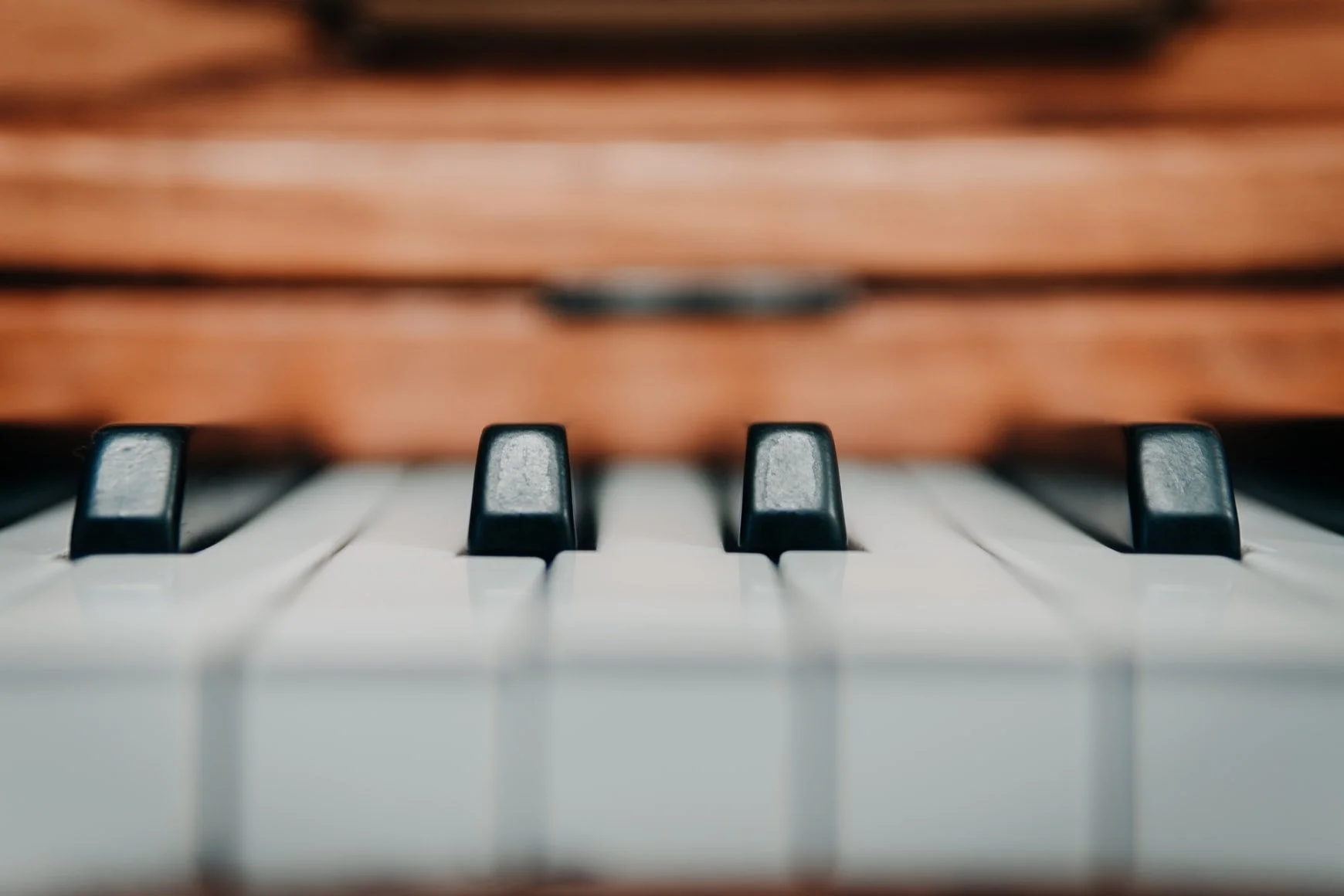Language of Protest
A woman stands at her piano. Wrapped in a lilac puffer jacket and beanie, she brushes the dust from the seat, and begins to play. Chopin’s Étude Op.25, No.1 (Aeolian Harp) warms the room of rubble, splintered doors, and shattered glass. Irina Maniukina, professional pianist, knows that uncertainty looms, the 300-mile journey to Lviv inevitable. But before they pick up their bags, she loses herself in her piano for the final time.
On February 24th, 2022, Russia’s president Putin decided to invade Ukraine. Since then, more than 10 million Ukrainians have been forced to flee their homes to escape the humanitarian crisis, and loss clings heavy in the air. However, people from both sides of the conflict have used music to bring messages of justice, solidarity, and hope.
By no means does the music romanticise or disregard the brutality of this humanitarian crisis. Of course, the physical aid and survival is key, as expressed by Sofia Yatsyuk: “…I don’t think people are thinking about their career, or things like concert cancellations, it’s all just about survival at this point.” However, Yatsyuk continues that “the culture, the passion of the people, the language, all of it is at stake now…Obviously, people’s lives most importantly, first and foremost, but there’s everything else that comes with that.” Thus, music makes life worth living.
There are also many people who are not thinking about their career for their personal gain, but rather to use their musical positions and talents to fight for peace. It is not only Ukrainians, but also Russian musicians who are standing up against injustice and war.
Semyon Bychkov, born in Russia, expresses the importance of making noise of opposition in the face of adversity. He uses his platform as a respected conductor to speak out against injustice: “Silence in the face of evil becomes its accomplice and ends up becoming its equal…To remain silent today is to betray our conscience and our values, and ultimately what defines the nobility of human nature.” So, to create music shows ‘the nobility of human nature’ because music is a way to refuse silence and to preserve dignity - individually, culturally, and globally.
Music brings individual dignity to Irina Maniukina during her final moments at her piano. To play music was a way to let go of the uncontrollable and to express the unimaginable. However, despite the bleakness, Irina said her moment at the piano was principally one of joy. It was a chance for her to focus on all the happy memories experienced with the people in her house and community. Despite her displacement, music helps her feel a sense of home and belonging. Despite the craters and smashed windows, Irina’s moment of Chopin proves you can still create hope amongst the rubble.
“Music is often the last thread that connects [Ukrainians] with [their] homeland.” Oksana Lyniv, reflects. Lyniv is a Ukrainian conductor fighting for Ukraine’s cultural dignity and the future of Ukrainian musicians. Through music, Lyniv is fighting against the invasion and to preserve cultural identity. Similarly, Yuriy Yurchuk, operatic baritone from Ukraine, sang his national anthem in front of No.10 Downing Street. Although miles from his homeland, he is also able to hold onto his national and cultural identity through music. His words “Shche ne vmerla Ukrainy i slava” are a stand for hope: ‘Ukraine is not lost yet’. Thus, music is a powerful means for people to protest for peace and show that they will not be overcome by oppression. Mark Savage reflects how the Ukrainians are channelling the vibrant energy of Ukraine’s talented music culture to communicate messages surrounding the conflict which would otherwise be censored in typical news channels.
Russian conductor Kirill Petrenko, now chief conductor at Berlin Philharmonic, condemns “Putin’s insidious attack on Ukraine.” He stresses the importance to preserve the cultural identity of Ukraine as he says the invasion “…is also an attack on the arts which, as we know, unite across borders. I am in complete solidarity with all my Ukrainian colleagues and can only hope that all artists will stand together for freedom…”
Two pianists play Mozart’s Andante and Five Variations in G to cross boundaries posed by war and hate. Sasha Grynyuk from Kyiv, Ukraine and Roman Kosyakov from Siberia, Russia. As their two countries descended further into conflict and human tragedies ravage, the two pianists decided to play together for the first time in order to spread a message of solidarity through music. The pair would then go on to perform in a concert, which raised over £5000 for Ukraine Humanitarian Appeal - a charity that seeks to help Ukraine’s victims and refugees. Thus, music as a platform here to protest but also to raise awareness of the conflict and to call for international support. Sasha reflects how music is “a strong weapon of humanity” because of its emotive nature. The two musicians display how music is a source of unity both to create it and to listen to it: “If you sit together and share music…you become connected. And you won’t fight one another” (Sasha). Roman adds how music is an opportunity for people to not only witness a political stance for unity, but also to join in solidarity as members of the audience: “All we can do is try to get together, get people together – it doesn’t matter who you are or where you are.”
‘You can speak any language, but the musical language is the only one that everyone will understand.’ (Roman)
Ultimately, music is a chance for people to live their lives with a greater sense of normality, proactivity, and dignity. Like Roman says, music is a language which crosses borders of conflict. Maya Irgalina, Belarusian pianist who organised the concert said, “When words fail, there is music left…music unites us.” Music, a chance to fight for peace. Music, a protest when words are silenced.
Image courtesy of Andrik Langfield via Unsplash, ©2018, some rights reserved.
The views and opinions expressed in this article are those of the author and do not necessarily reflect those of the wider St. Andrews Foreign Affairs Review team.



